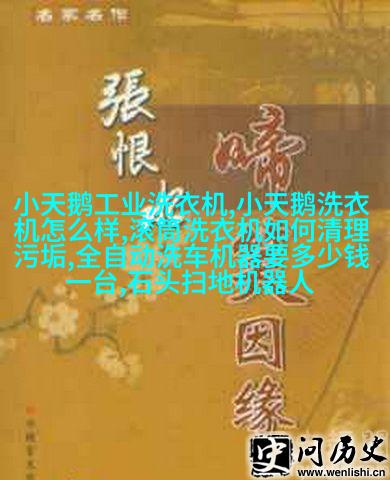Flowering Briefly: The Transient Beauty of the English Language

The English language, like a fleeting bloom, is a marvel of transient beauty. It has evolved over centuries, incorporating words and phrases from various languages to create a rich tapestry of meaning and expression. Like the rare and exquisite blooms known as "tansy flowers," which appear for only a short time each year, certain aspects of the English language are truly unique and captivating.
The Evolutionary Process

Just as tansy flowers grow in specific conditions that allow them to thrive briefly before disappearing again, the English language has undergone numerous transformations throughout its history. From Old English to Middle English, Early Modern English to Modern Standard English - each phase has contributed significantly to shaping the current state of our linguistic landscape.
Borrowings from Other Languages

English has borrowed words from many other languages such as Latin (e.g., "captain" comes from "capitaneus"), French (e.g., "restaurant" comes from "restaurer"), Spanish ("canyon" comes from Quechua), Arabic ("algebra" comes from al-jabr), Chinese ("dim sum") etc., making it an eclectic mix of sounds and meanings that adds depth and complexity.
Colloquialisms & Idioms

Colloquial expressions often used by people in informal settings also have their own charm similar to how tansy flowers add vibrancy amidst dull surroundings when they suddenly burst into bloom. For example, saying someone is having a bad hair day or using idioms like 'kicking the bucket' or 'barking up the wrong tree,' these colloquial expressions make everyday conversations more interesting without losing their essence due to cultural barriers.
Metaphors & Similes

Metaphors ('a ship on stormy seas') or similes ('as silent as snow') help us communicate abstract ideas with vivid imagery drawing upon our shared experiences just like observing how brief yet beautiful life cycle of tansy flower captures human emotions – birth (germination), growth (blooming) followed by decay/death (withering).
5.The Power Of Words In Poetry And Literature
Words have always been powerful tools for poets who use them skillfully creating breathtaking poems that can evoke strong feelings much like watching tansy flowers sway gently under sunlight while conveying complex ideas through metaphors ('her voice was music'). This ability makes literature so compelling even though both last only briefly but leave lasting impressions on readers' minds long after reading ends.
6.Fragility And Adaptability
Like delicate petals on tender stems vulnerable against harsh weather conditions forcing them into temporary retreats until favorable circumstances return allowing them flourish once again; fragile structures within an ecosystem require adaptability during times change where survival depends on resilience demonstrated by nature's transience exemplified through changing seasons reflecting evolution's relentless pursuit towards better adaptation ensuring species' survival despite adversity faced during periods less favorable than others - this process mirrors human societies adapting new technologies amid rapid changes keeping pace with ever-evolving world around us.
In conclusion, just as we cherish brief appearances of rare blossoms such as those found in Tansymustard plants because they bring joyous moments amidst monotony; we must appreciate unique qualities present within every word forming part our beautiful yet ephemeral language called 'English'.



